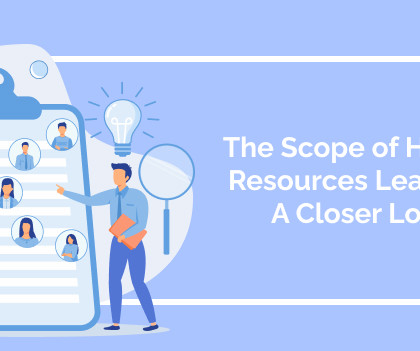Organizational Development: Theories on Organizational Change
Walk Me
AUGUST 24, 2022
How do staff contribute to their organization, ensuring it changes for the benefit of the individuals who make it and the company? What models can we use to guide the organizational development processes for change? We can resolve these queries by picking apart organizational development (OD) components.












Let's personalize your content